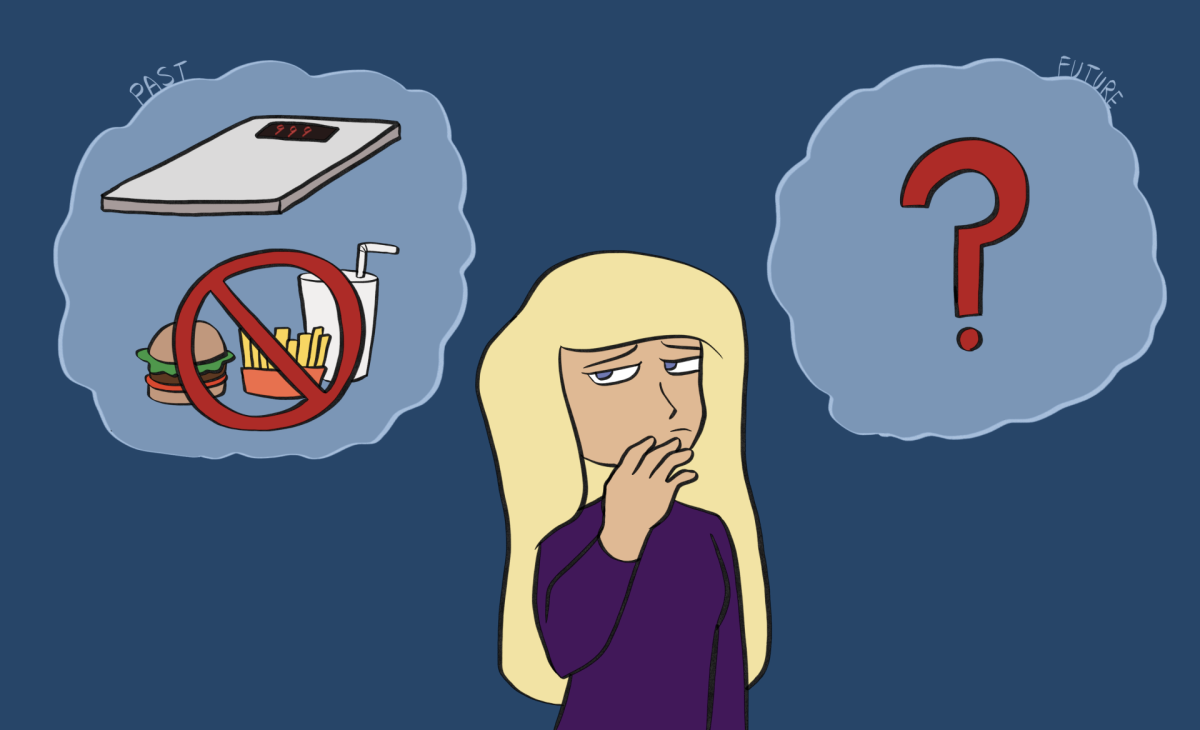This past week, a Canadian jury convicted three members of an Afghan immigrant family for the proposed “honor killings” of their four female relatives. Mohammed Shafia, his wife and son were charged with the murder of Shafia’s three daughters and his first wife based on wiretapped conversations in which Shafia condemned his daughters’ “immoral” behavior. The verdict carried a sentence of life in prison with no chance of parole for 25 years.
Shafia and his family claimed innocence, saying they had no part in the deaths of the four women. According to prosecutors, Shafia condemned his daughters for their rebelliousness and for becoming westernized by wearing revealing clothing, keeping condoms in the house and having “secret relationships” with Christian boys.
While there are a number of things that could be said about this tragedy, including the horror and brutality of it, it is important to also consider how identity might have and will play a role in the responses and stigmatizations that accompany this trail.
Considering the individuals convicted of this crime are conservative Muslims and Afghan immigrants, the murders and the trial risk perpetuating and enflaming the already prevalent narratives of xenophobia, Islamophobia and racism.
Because of the brutality of these murders, and because those convicted were Afghani, people may incorrectly assume (or continue to assume) that Islam and Islamic tradition played a central role in inspiring these murders.
The Shafias might be Muslim, but it is also important to note their identities with respect to political opinion, cultural tendencies, taboos, life experiences and traumas.
To attack the Shafias’ Muslim identity as the root and inspiration of these murders is highly problematic and ignorant, and, unfortunately, this inaccurate assumption will undoubtedly be made by many.
Situations like this force us to reflect on the reality of plurality in the West – the plurality of ethics, of ethnicity, of background and of religion – and to deeply critique our cultural and societal stagnation. It is also a reminder of the unwarranted and counterproductive nature of religious discrimination and, more specifically, Islamophobia.
This isolated instance of brutality and disregard for human life cannot and does not reflect the tenants or the codes of Islam, but rather the pain and misdirection of three very lost individuals.







